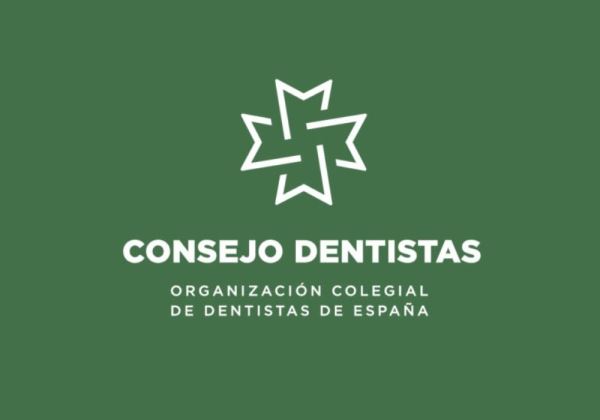Our Blog
Óscar Castro defends the independence of the Collegiate Organization of Dentists to regulate the ethics of the profession
The president of the General Council of Dentists of Spain, Dr. Óscar Castro Reino, has criticized the approval of Royal Decree 435/2024, which establishes that the National Commission of Markets and Competition (CNMC) issues a mandatory, non-binding report, on the proposals for new deontological codes or modifications of these and that obliges the schools to justify any disagreement with the observations of the CNMC.
Given this fact, the president of the General Council has defended the autonomy of the Collegiate Organization of Dentists to implement or modify its own code of ethics, and has considered that this Royal Decree represents an “unacceptable interference” in the collegiate powers enshrined in the laws and in our jurisprudence.
“Our Organization cannot admit or tolerate any type of interference by external organizations with regard to our code of ethics, which guarantees high standards of quality care in our relationship with patients,” he explained, while at the same time remembered that ethical and deontological principles cover aspects such as honesty, confidentiality, professional competence, and the commitment to stay updated to offer the best possible care.
In this sense, he has argued that the different general councils and official associations of the health professions must maintain their competencies intact to guarantee patient protection, professional cohesion, the capacity for self-regulation and credibility thanks to the commitment to high ethical and professional standards. .
“Only general health councils and professional associations are truly qualified to evaluate and update the ethical standards of each profession, always in defense of integrity and independence from external commercial or political interests, and with the ultimate objective of guaranteeing the health of our patients”, he concluded.

